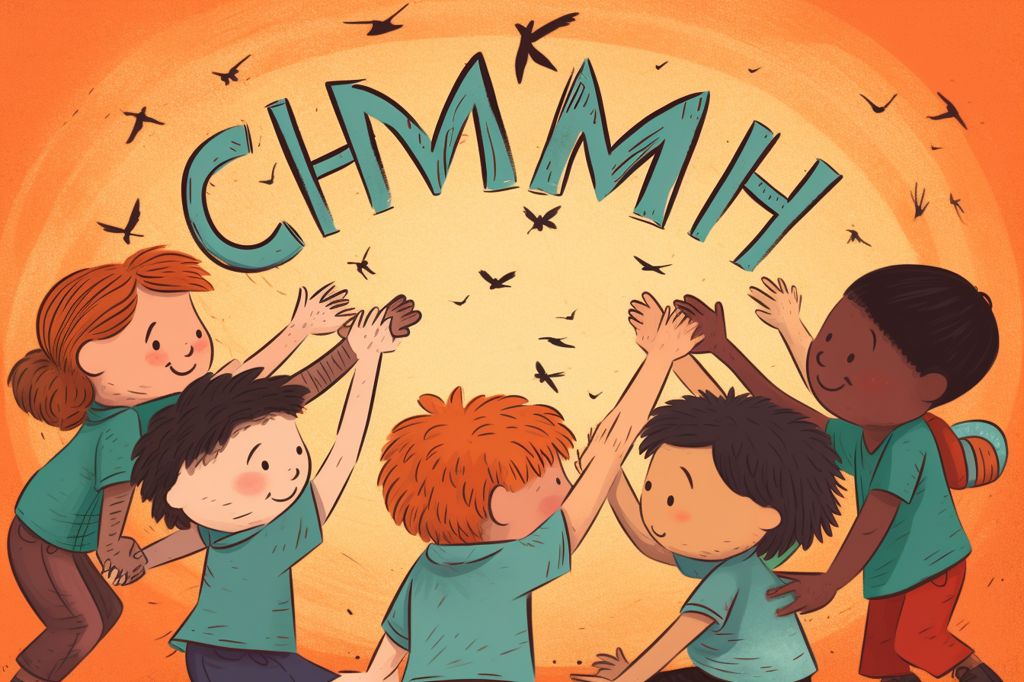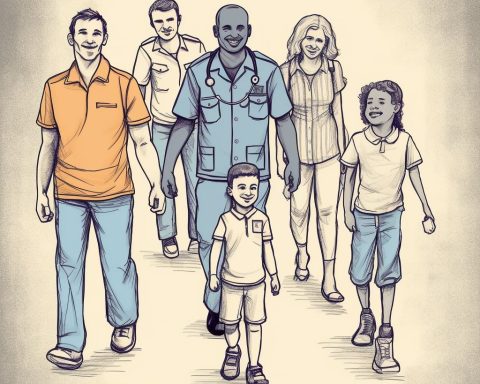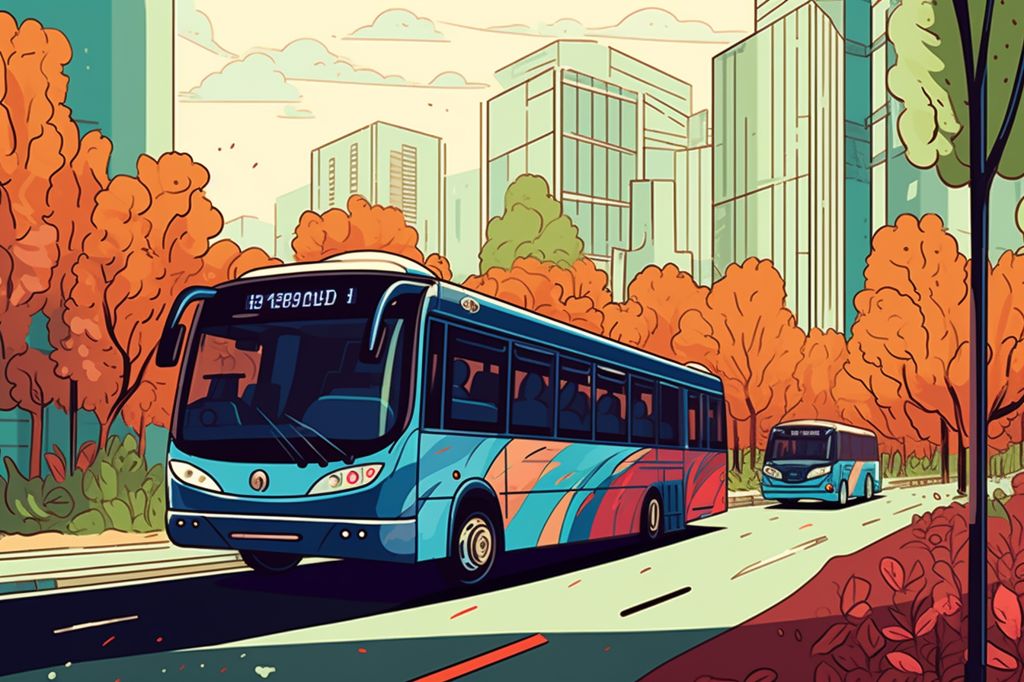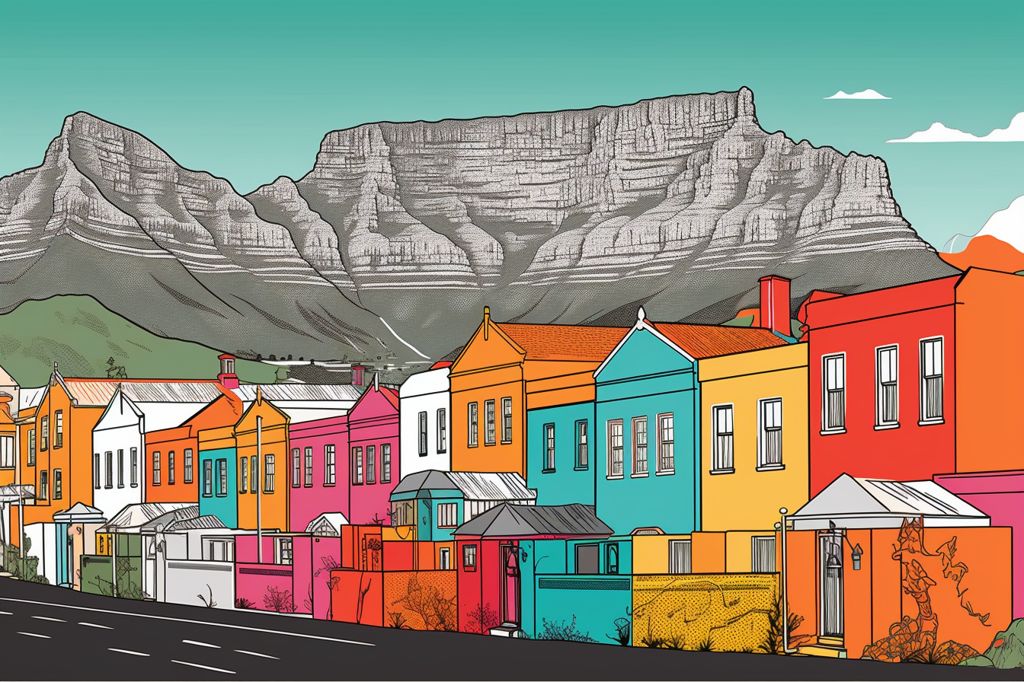South Africa is home to the largest population of child migrants on the continent, with an estimated 642,000 migrant children residing within its borders. The Department of Social Development, in partnership with USAID, seeks to address the challenges faced by this vulnerable population through the ChommY program.
Launching the ChommY Initiative
The ChommY program, named after the colloquial term for “friend,” aims to promote positive friendships among children between the ages of 10 and 14, while also steering them away from risky behavior such as bullying, substance abuse, and teenage pregnancies. The launch of the program is scheduled for June 2, 2023, in Ficksburg, Free State, as part of Child Protection Week.
Child Protection Week and ChommY
Child Protection Week is an annual campaign that seeks to raise awareness of children’s rights in South Africa. As part of the campaign, the ChommY program will be launched to provide basic services, including healthcare, education, food, and shelter, to every child living within the country’s borders.
The YOLO Initiative and the Need for ChommY
The ChommY program is being launched in the context of the department’s You Only Live Once (YOLO) initiative, which targets young people between the ages of 15 and 24 and focuses on HIV/AIDS, substance abuse, teenage pregnancy, and social change. However, the YOLO program does not address the needs of children aged 10 to 14, who are already engaging in risky behavior. To address this gap, ChommY was developed to empower young people to make informed decisions that reduce the prevalence of HIV infections, substance abuse, and teenage pregnancies.
Empowering Children through ChommY
Under the theme “Invest in my Future…Protect me Today,” ChommY seeks to generate knowledge, develop skills, and provide support for children to make informed decisions about their lives. The program emphasizes the importance of parental and community involvement in guiding young people. Children from the Setsoto Local Municipality will have the opportunity to participate in indigenous games, share their social experiences, interact with the program’s mascot, Bokamoso, and develop personal plans for their lives.
Creating a Safer Environment for Children
The Child Protection Week theme, “Let us Protect Children during COVID-19 and Beyond,” calls on all South Africans to support the cause by ensuring that the most vulnerable in society do not suffer abuse. By launching the ChommY program, the Department of Social Development and its partners are taking a significant step towards creating a safer environment for the country’s children, particularly those who are most at-risk.
As ChommY prepares to launch, there is hope that it will inspire and empower migrant children in South Africa, helping them forge a brighter future filled with opportunities and support. The initiative aims to build positive friendships among children while also addressing the social ills that threaten their wellbeing. Through ChommY, the Department of Social Development and its partners are providing a beacon of hope for migrant children in South Africa.












